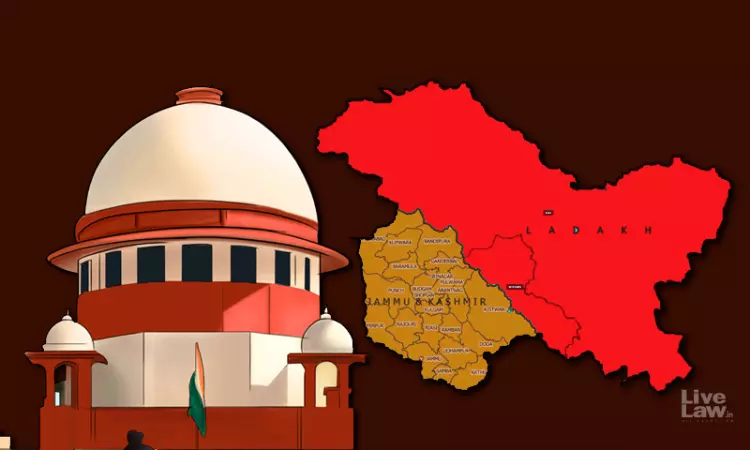Local Debt Recovery Tribunal Must Be Established In Jammu And Kashmir, Says Supreme Court
Amisha Shrivastava
3 Aug 2024 9:04 PM IST

Next Story
3 Aug 2024 9:04 PM IST
The Supreme Court on Friday (August 2) called for the establishment of local Debt Recovery Tribunals (DRTs) in Jammu and Kashmir.“Someday it has to done. Looking at the topography of Jammu and Kashmir, it has to be done”, the court said.A bench of Justice Abhay Oka and Justice Augustine George Masih was hearing a plea by a bank against the Jammu and Kashmir and Ladakh High Court's...
